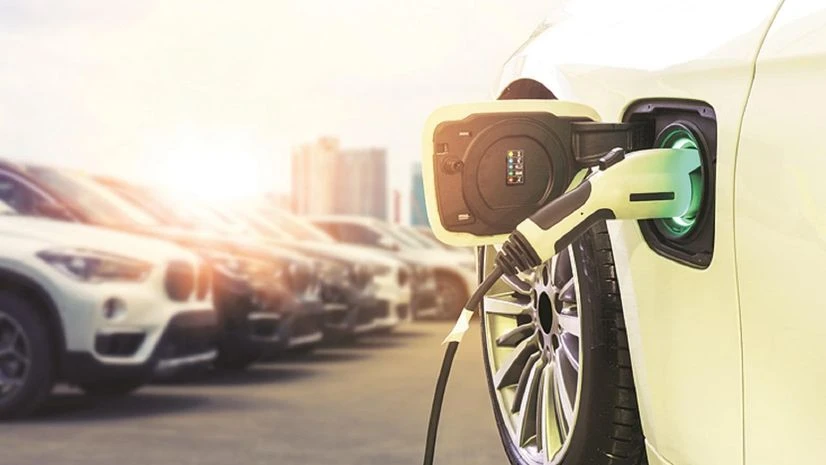Concessions outlined in India's electric vehicle (EV) policy, aimed at attracting global players like Tesla Inc, may not extend to Chinese companies. An unnamed senior government official told MoneyControl that Chinese and China-linked companies are likely to be excluded from these benefits due to national security concerns associated with foreign direct investments (FDIs) linked to Beijing
The report by MoneyControl highlighted that the concessional import duty policy was tied to actual investments, making companies like BYD, headquartered in Shenzhen, China, ineligible for the benefits. BYD, a significant EV player, sold over 1.85 million plug-in electric cars in 2022.
India's EV policy mandates a minimum investment and a three-year timeline for setting up manufacturing facilities to qualify for the lower import duty rate. Additionally, the amended FDI policy, specifically Press Note 3, April 2020, imposes restrictions on investments from countries sharing a land border with India.
This policy, in turn, offers a concessional rate of duty of 15 per cent, contingent upon a minimum investment of Rs 4,150 crore. Tesla CEO Elon Musk was expected to visit India to set up an EV manufacturing hub this week and take advantage of this policy. Musk's visit, however, has been postponed.
This exclusion of Chinese EV makers from India's EV policy is significant, given China's dominant position in the global EV market. Despite being the largest producer and exporter of electric vehicles, China's influence on India's EV sector is curtailed by national security concerns.
The decision highlights India's stance on imports versus investments, prioritising domestic competition and safeguarding against opportunistic takeovers.
The senior government official did clarify that India will continue to allow imports of Chinese BYD vehicles, but they did not want their investment.
More From This Section
Domestic contenders in India's EV space, such as Tata Motors, MG Motor India, Mahindra and Mahindra, and Hyundai Motor India, have made significant strides. These companies have introduced various EV models and are actively contributing to India's transition towards electric mobility.
Tata Motors, with models like the Nexon EV and Tigor EV, has established itself as a leading contender, while MG Motor India's ZS EV and Comet EV have garnered attention for their tech-savvy features. Mahindra and Mahindra, known for durable utility vehicles, and Hyundai Motor India, with models like Kona Electric and Ioniq 5, are also expanding their footprint in India's EV sector.

)
